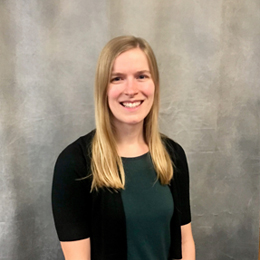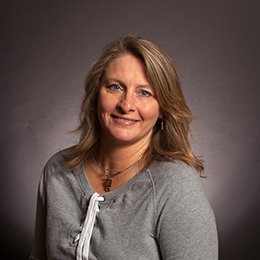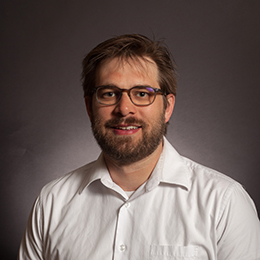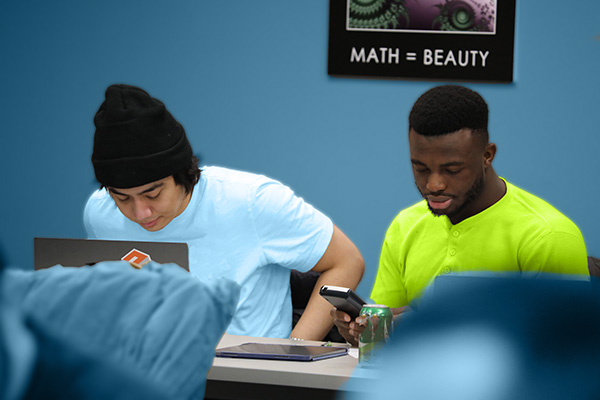Intermediate Math Education Specialization
Program Quick Facts
Credits
120
Start Terms
Fall
|Spring
Available
On Campus
|Online
Tuition
$8,956.50
estimated cost per semester
Multiply your opportunities
Instill confidence in young mathematicians with a degree in mathematics intermediate education. As a graduate of this program, you will be prepared to share the math basics and so much more with K-8 students.
Courses like math concepts will prepare you to teach arithmetic, problem-solving, geometry concepts, and more. Learn about available technology for the classroom and classroom management techniques for a strong foundation in teaching methods.
Paying for college
As part of our commitment to providing affordable options for all DSU students, we offer many scholarships and grants. Some financial aid opportunities are specifically available for the education degrees/majors in high-need teaching areas.
TEACH Grant eligible
Dakota State University's Bachelor of Science in Mathematics with an Intermediate Education Specialization is eligible for the federal TEACH Grant (up to $4,000 a year) for students who meet the academic requirements and are completing course work to begin a career in teaching. Students will need to complete a four-year teaching appointment with a school or educational service agency that serves low-income students. Learn more about the TEACH Grant.
Critical Teaching Needs Scholarship
The South Dakota Critical Teaching Needs Scholarship is available for students preparing to work in a critical need teaching area. Learn more about the scholarship.
Yearlong student teaching residency
As a mathematics intermediate education student, you will complete a yearlong residency/student teaching capstone experience. You’ll have the opportunity to get real life classroom experience, while still learning from professional mentors.






